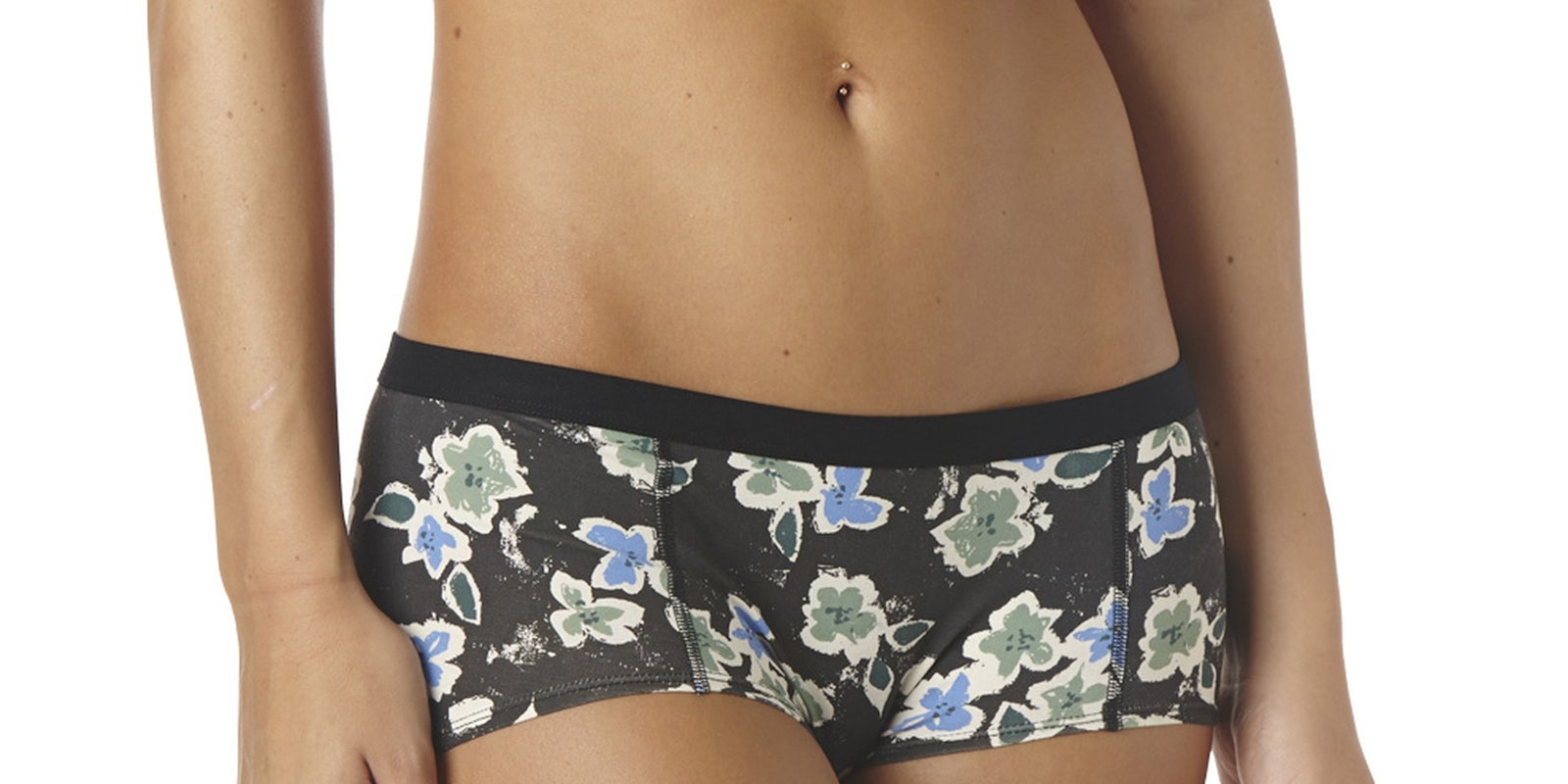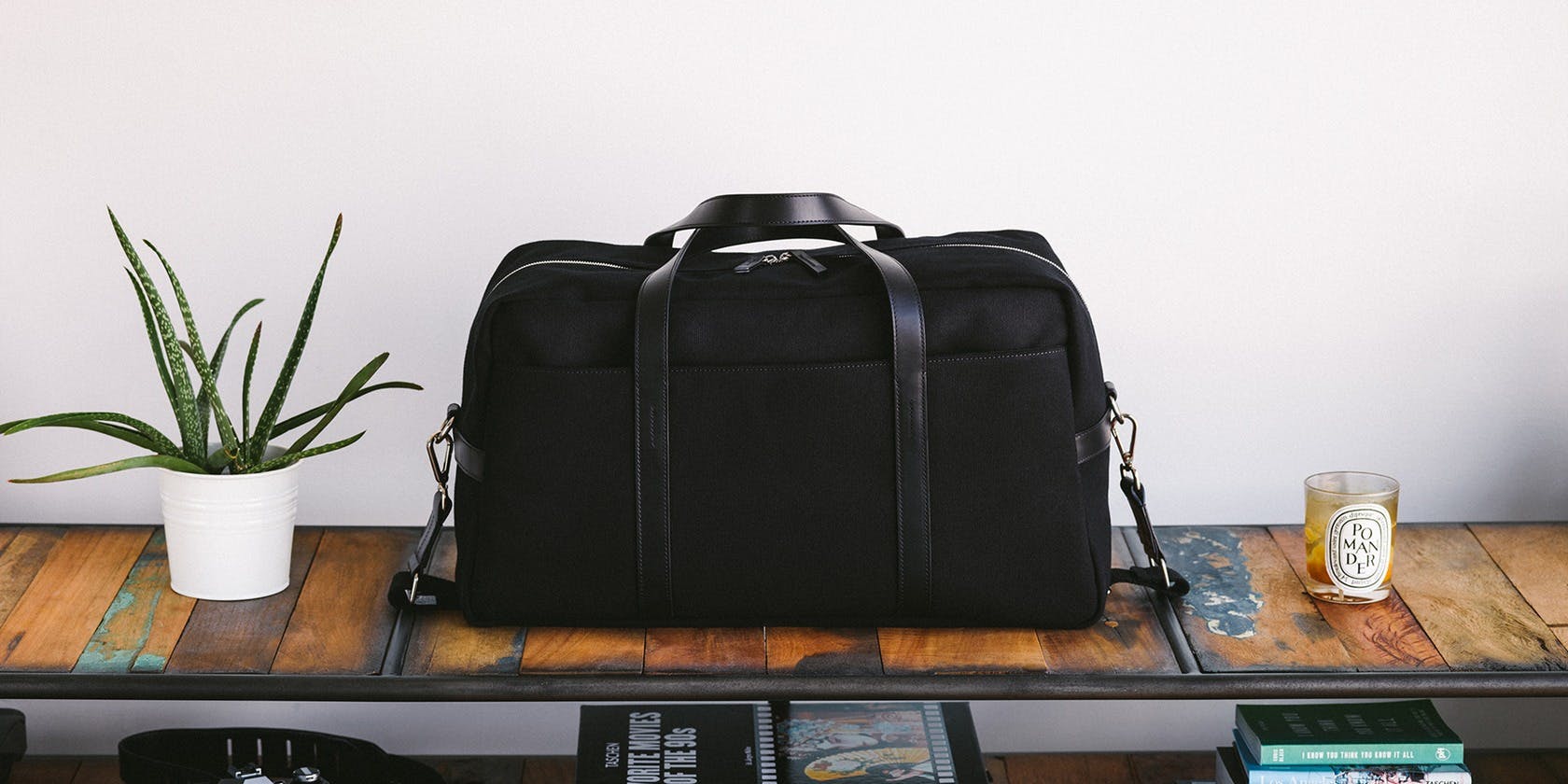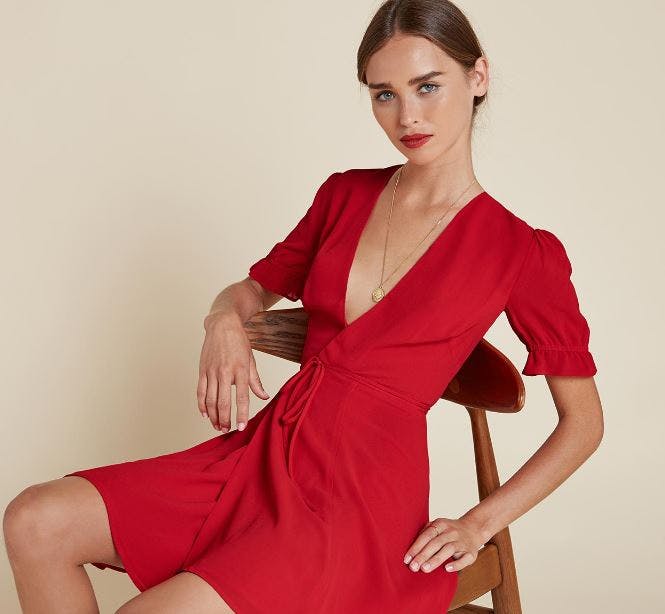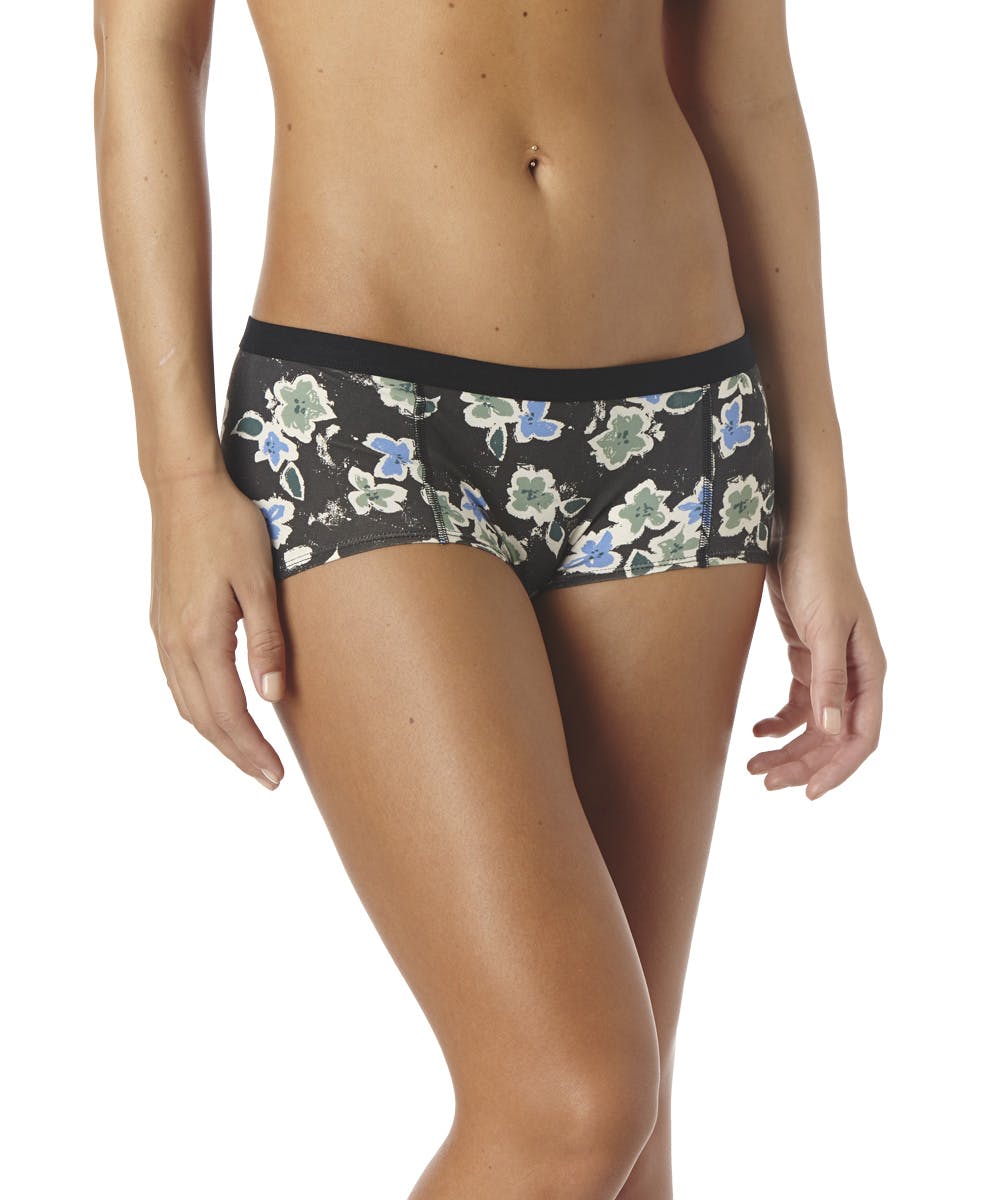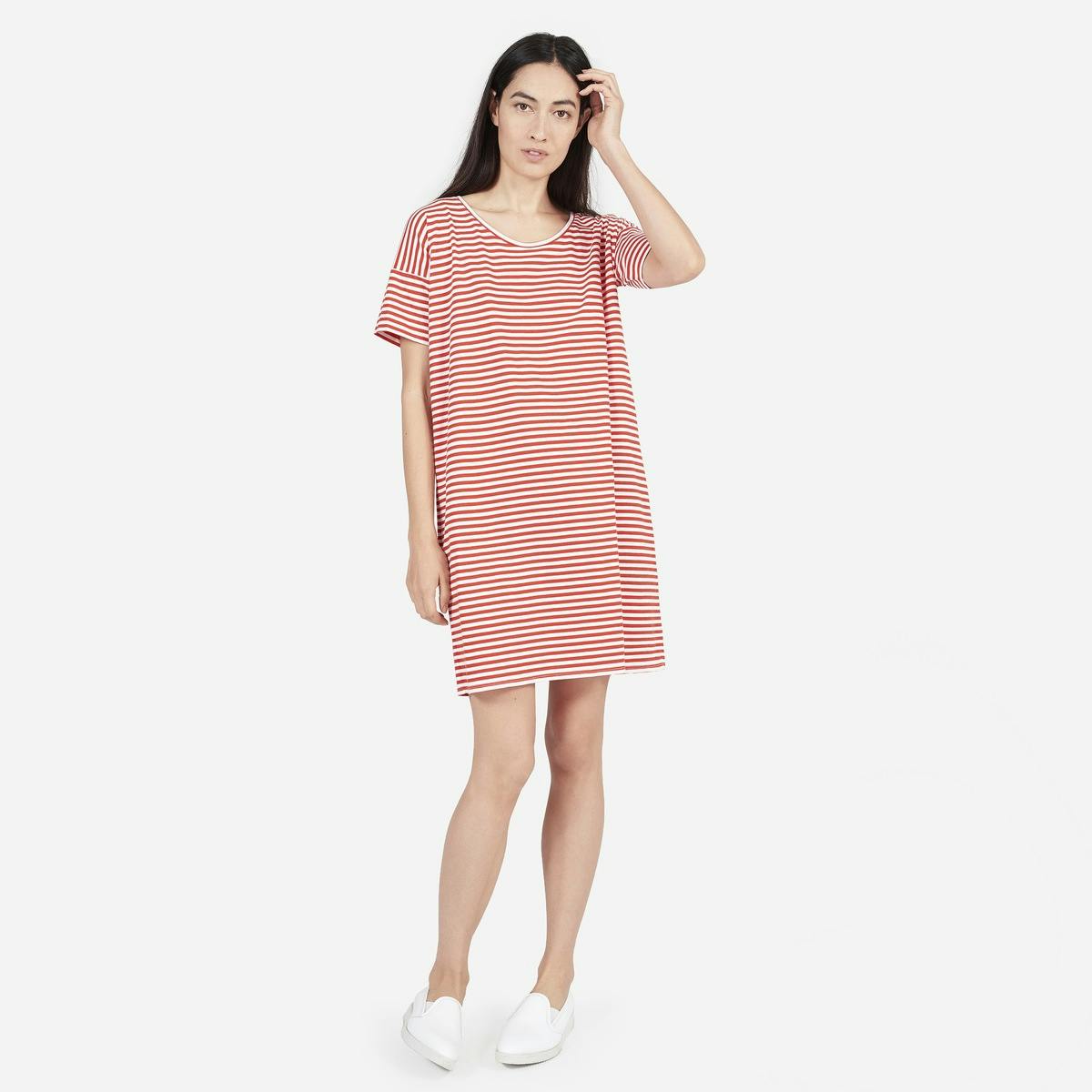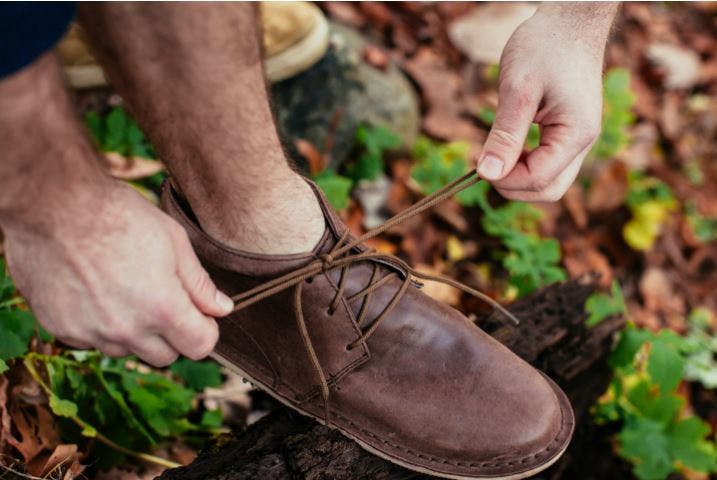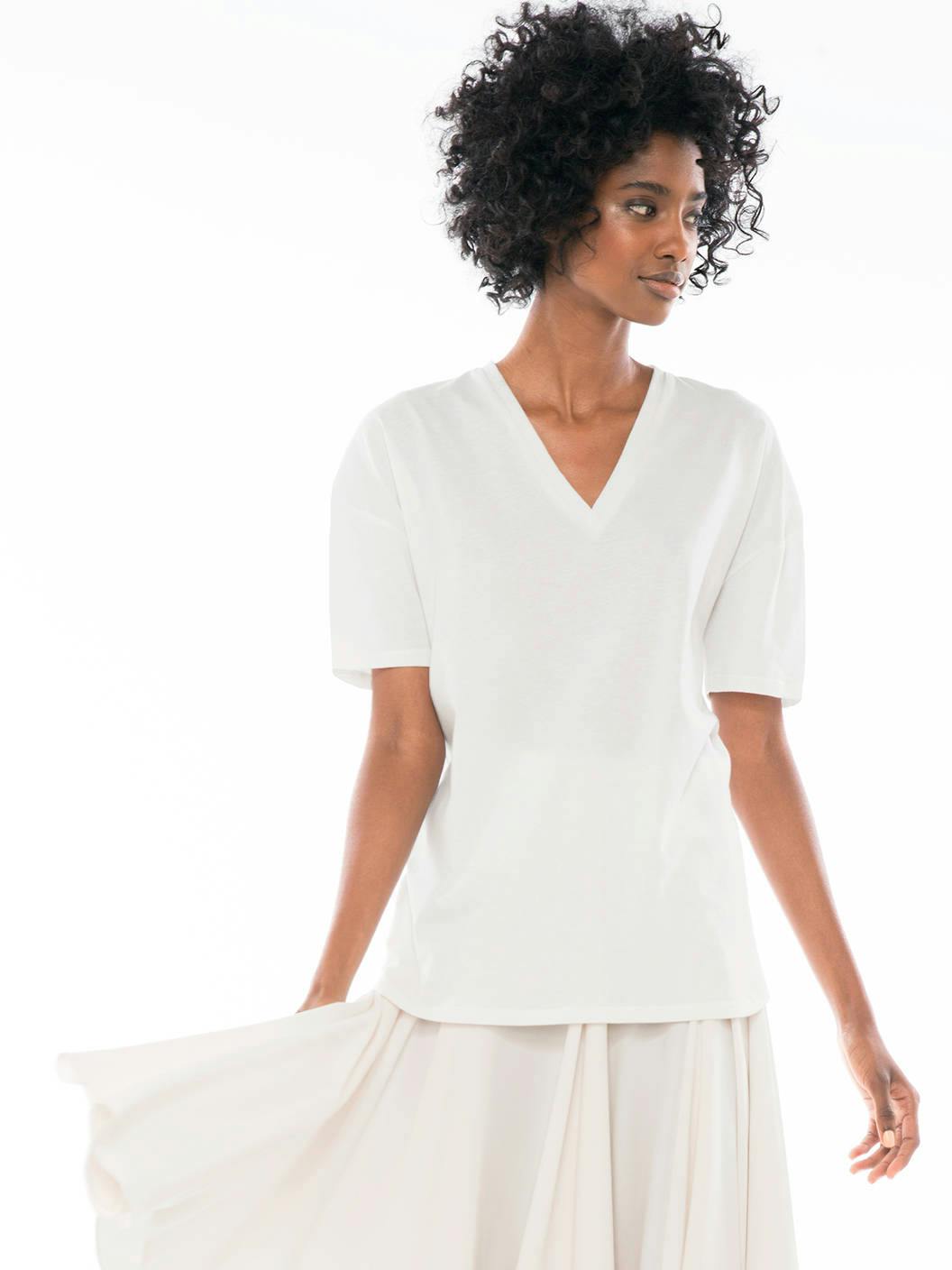The fashion industry is one of the most secretive industries in the world, and there’s good reason for its notorious evasiveness: From pollution to horrific human rights violations, the global garment industry has a lot to hide.
In recent years, there’s been a pushback from conscientious consumers demanding more transparency from clothing brands. Shoppers—specifically young people buying clothes and accessories online—are no longer satisfied to blindly click “buy” and call it a day. They want to know where their clothing was made, how the garment workers were treated, where the raw materials came from, and the environmental impact of the manufacturing process.
A new crop of online companies has risen to the challenge, delivering ethically made products with high levels of transparency about their manufacturing practices. We’ve listed a few of the more popular sites and how they stack up in terms of true transparency.
Oliver Cabell
What it sells: High-end bags
Price point: $240–$285
What it’s transparent about: Pricing and factory conditions. Oliver Cabell was founded to provide an alternative to the arbitrarily high prices of designer bags, so they offer a detailed explanation of the costs of producing each bag, including material, labor, transit, and taxes, so you can see exactly what you’re paying for. The site also shows you where Oliver Cabell bags are made, from the cotton mill to the leather tannery to the artisan factory—all located in Italy.
What it’s not-so-transparent about: Fabric sourcing. Quality goes a long way in terms of environmental impact (buying one bag that will last for 20 years is much better for the environment than buying 20 bags in the same time period), but it would still be nice to have a bit more info about the raw materials that eventually become a gorgeous, well-made bag.
Reformation
What it sells: Hip women’s clothing
Price point: $28 for a T-shirt–$278 for a maxi dress
What it’s transparent about: A LOT, but especially environmental impact and sustainability. If eco-friendly fashion is your thing, you’ll appreciate Reformation’s dedication to making “killer clothes that don’t kill the environment.” Each garment is rated on the RefScale, which provides detailed info about the environmental impact of each garment, down to water usage and carbon emissions. In addition, Reformation shares important info about eco-friendly practices to extend the life of your clothing post-purchase and how to recycle old clothing instead of throwing it away. If all that sustainability talk wasn’t awesome enough, it also provides super-detailed info about its factories, working conditions, wages, and benefits. You could spend all day perusing all the info on its site.
What it’s not-so-transparent about: Nothing. No stone is left unturned here.
PACT
What it sells: Organic cotton undies, loungewear, and basics for men and women
Price point: $12.99 for socks–$45.99 for a men’s hoodie
What it’s transparent about: Environmental impact, specifically its commitment to using non-toxic dyes and non-GMO cotton grown without pesticides. This is a huge deal, as the traditional cotton industry uses staggering amounts of chemicals, harming both the earth and the farmers who grow it. PACT also makes it very clear that its clothing is made in factories with good working conditions and no child labor.
What it’s not-so-transparent about: Specifics about its factories. While it’s up front about general factory standards (like no sweatshops and no child labor), PACT doesn’t offer up a ton of info about where their factories are located and other specifics about working conditions.
Everlane
What it sells: Clothing, shoes, and accessories for men and women
Price point: $15 for a T-shirt–$365 for a leather bag
What it’s transparent about: Most everything, but especially manufacturing and pricing structure. Everlane’s core mission is “radical transparency,” and they definitely take this goal seriously. Each item description includes a “see the factory” link as well as a graphic showing the cost breakdown of the garment. They have a whole page dedicated to detailed profiles of each of their factories—including photos!—with great info about how they interact with and support their makers. In addition, Everlane actively encourages its customers to challenge it and ask questions—a super refreshing attitude in the fashion world.
What it’s not-so-transparent about: Honestly? Not much. Everlane built its reputation on transparency and it delivers.
Oliberté
What it sells: Leather shoes
Price point: $100 – $180
What it’s transparent about: Factory conditions. Rather than contracting with outside facilities, Oliberté owns a fair-trade certified factory in Ethiopia. It shares unfettered access to the operation in the form of photos, videos, team profiles, and even annual reports on progress and improvements.
What it’s not-so-transparent about: Pricing breakdowns. The Oliberté site is packed with info about pretty much everything, except costs and pricing structures.
Zady
What it sells: Modern, minimalist basics
Price point: $36 for a T-shirt–$450 for a wool coat
What it’s transparent about: In short, everything. Zady started out as a curator of sustainable brands and launched its Zady collection last year to synthesize all it had learned about the “slow fashion” movement. From raw materials to finished product, it gives you every detail of the supply chain. Want to know exactly what fertilizers the farmers used to grow the cotton to make your T-shirt? It’s got you covered. And Zady doesn’t just tell you how it’s getting it right; it also shares important info about how the fashion industry as a whole is getting it wrong to help you make informed decisions across the board.
What they’re not so transparent about: It’s tough to find much that’s missing here, but if we had to nitpick, we’d like to see a more detailed breakdown of their pricing structure. Why does each item cost what it does?

